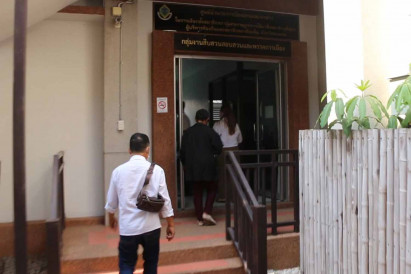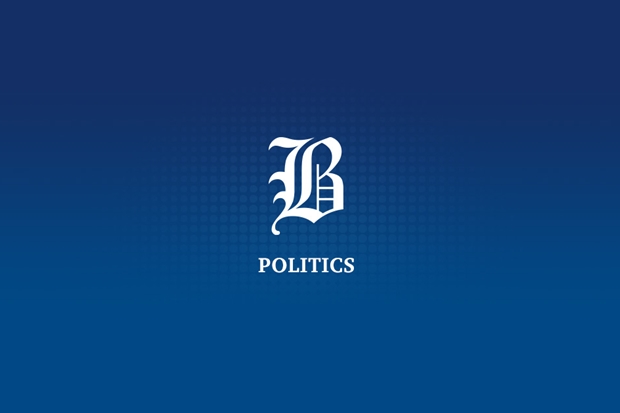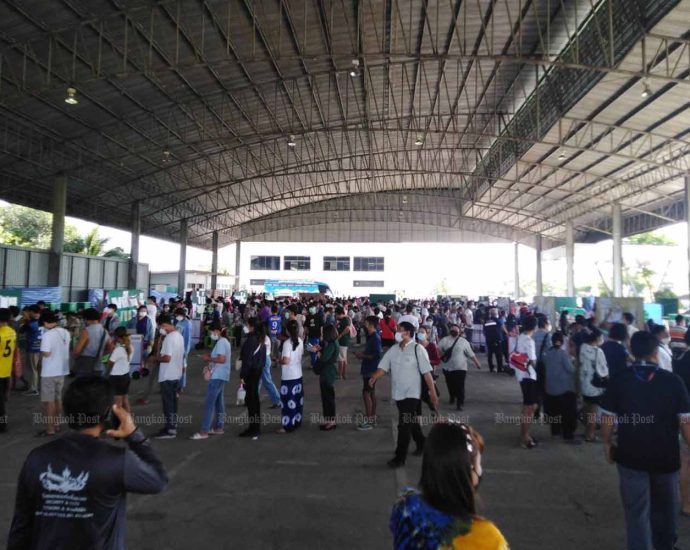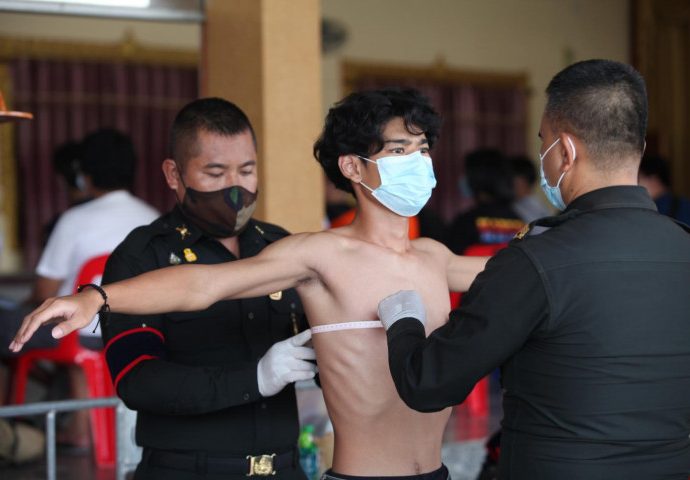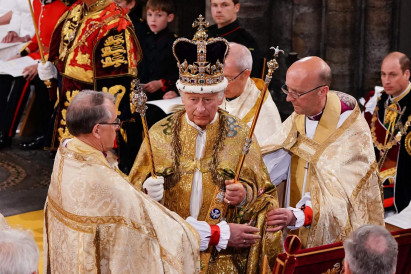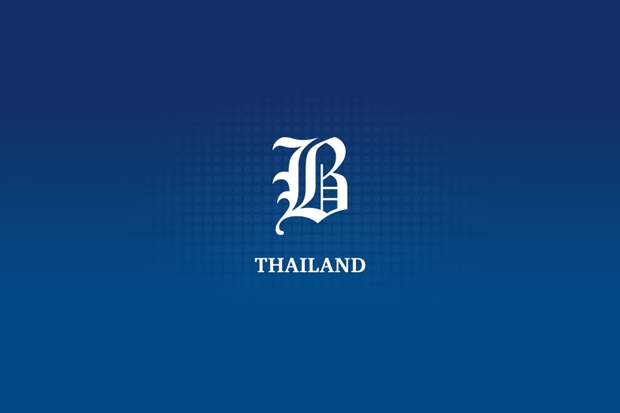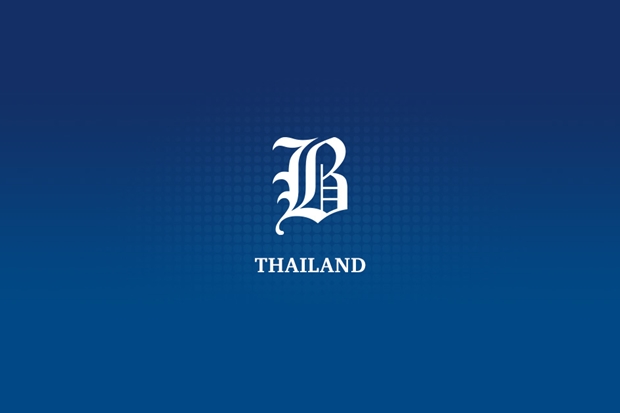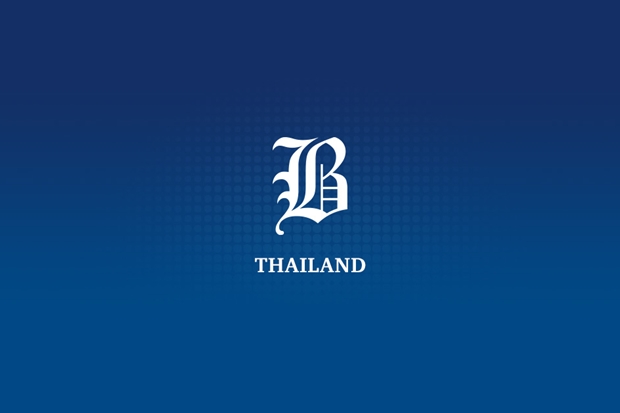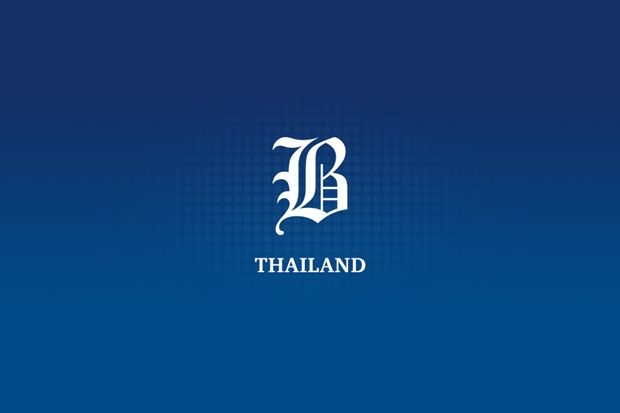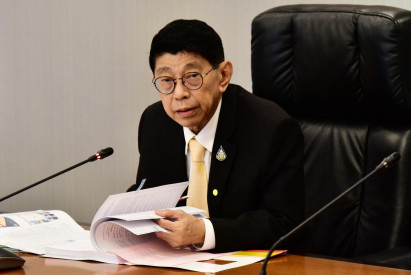Vote-buying petition filed against Pheu Thai candidate

KHON KAEN: A group of villagers from a village in Muang district of this northeastern province filed a petition with the provincial election committee on Sunday morning, accusing a Pheu Thai Party candidate of vote-buying.
The villagers from Ban Non Ruang village in tambon Ban Kho of Muang district were accompanied by Pongsak Songnok, the village headman, and a lawyer, when they submitted the petition to Vachara Seesarn, director of the office of the Khon Kaen election committee.
Photos and video clips of money being handed over to villagers who turned up for the speech by a Pheu Thai candidate at a rally in the village were reportedly handed over to Mr Vachara.
After the petition was officially accepted, investigators at the Khon Kaen election office immediately started questioning the petitioners in an investigation room. Outsiders and members of the media were not allowed.
Mr Pongsak, the village chief, said he accompanied the villagers to give them moral support. The election committee was now in an investigation process, he added.
The lawyer, who asked not to be named, said he was acting as a legal advisor to the villagers who witnessed the alleged fraud.
Mr Vachara, director of the provincial election committee, said the petition was now being examined and the petitioners had been kept as witnesses. The documents and evidence submitted would be examined and the witnesses would be further investigated to establish whether the accusation had grounds.

